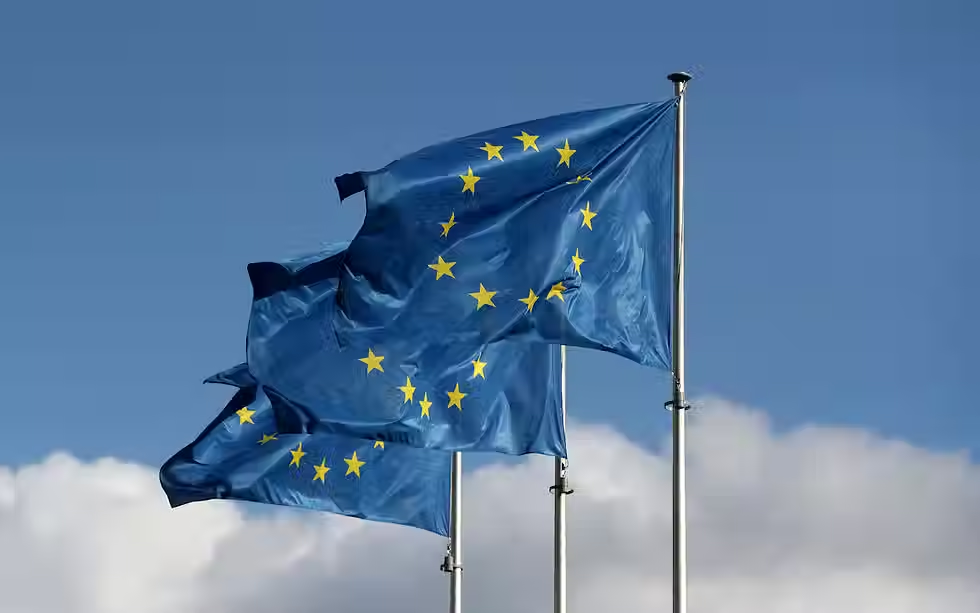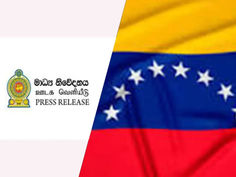The Shadow Alliance: How Nayib Bukele Rose to Power Through Secret Deals with MS-13
- Rahaman Hadisur

- Jun 1, 2025
- 2 min read
Hadisur Rahman, JadeTimes Staff
H. Rahman is a Jadetimes news reporter covering the USA

El Salvador’s President Nayib Bukele, widely praised for dramatically reducing his country’s murder rate and waging an aggressive crackdown on gangs, allegedly rose to power through covert deals with the very criminals he claims to have vanquished.
Documents, federal indictments, and interviews reviewed by USA TODAY reveal that Bukele's ascension may have been facilitated by an alliance with MS-13, El Salvador’s most notorious gang. This collaboration, orchestrated ahead of his 2019 presidential victory, appears to have provided political support and violent voter mobilization in exchange for prison privileges, legal leniency, and a halt on extraditions to the United States.
While Bukele has earned global attention for his war on crime boasting a drop in murders from 2,398 in 2019 to just 114 in 2024 his administration's behind-the-scenes arrangements with gang leaders paint a more complex picture. Former U.S. officials and law enforcement sources allege these arrangements enabled Bukele to consolidate power, reshape El Salvador’s judiciary, and win a second presidential term in 2024, bypassing constitutional term limits.
The U.S. Justice Department’s Joint Task Force Vulcan, launched under former President Donald Trump, uncovered evidence of Bukele’s ties to MS-13 during terrorism investigations. One explosive 2022 indictment outlines how MS-13 members received law enforcement credentials to attend prison meetings with Bukele’s representatives, allegedly to negotiate political support and reduced violence ahead of key elections.
In return, MS-13 reportedly demanded protection from extradition and authority over territory in El Salvador. While the homicide rate declined, human rights observers noted a simultaneous increase in disappearances, suggesting murders were hidden rather than halted.
Further controversy erupted in March 2025 when U.S. prosecutors dropped terrorism charges against Cesar Humberto Lopez-Larios, a top MS-13 figure. He was deported to El Salvador and processed at the CECOT mega-prison. Critics argue this move prevented Lopez-Larios from testifying in U.S. court about Bukele's gang dealings, with one former U.S. official calling it a “highly political decision.”
Another MS-13 leader, Elmer “Crook de Hollywood” Canales-Rivera, is in U.S. custody, though fears persist that he too could be returned to El Salvador. According to prosecutors, Canales had been secretly released by the Bukele administration in 2021 and armed before being escorted to Guatemala a move that has raised serious legal and ethical concerns.
Bukele’s political journey was aided early on by José Luis Merino, a former communist guerrilla leader tied to Venezuelan oil funds. Merino and several other Bukele allies have since been sanctioned by the U.S. for corruption and undermining democratic institutions.
Meanwhile, Salvadoran opposition figures like Norman Quijano convicted in absentia for similar gang negotiations have faced legal consequences, while Bukele's inner circle remains untouched.
Despite the controversies, Bukele remains enormously popular among Salvadorans. Trump recently praised him as a “tremendous president,” and the White House has commended his role in housing U.S. deportees, including MS-13 affiliates, in the CECOT facility.
However, mounting evidence suggests that Bukele’s anti-gang crusade may have been built on a foundation of compromise and clandestine cooperation raising new questions about El Salvador’s democracy, human rights, and Washington’s role in enabling authoritarianism under the guise of public safety.











































Comments